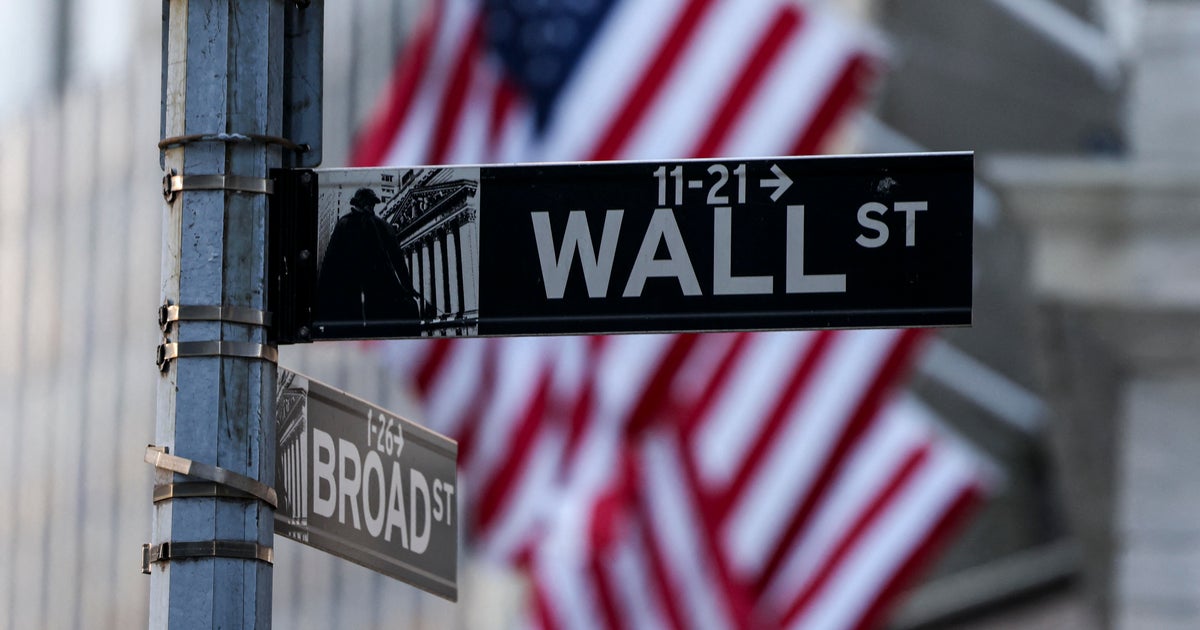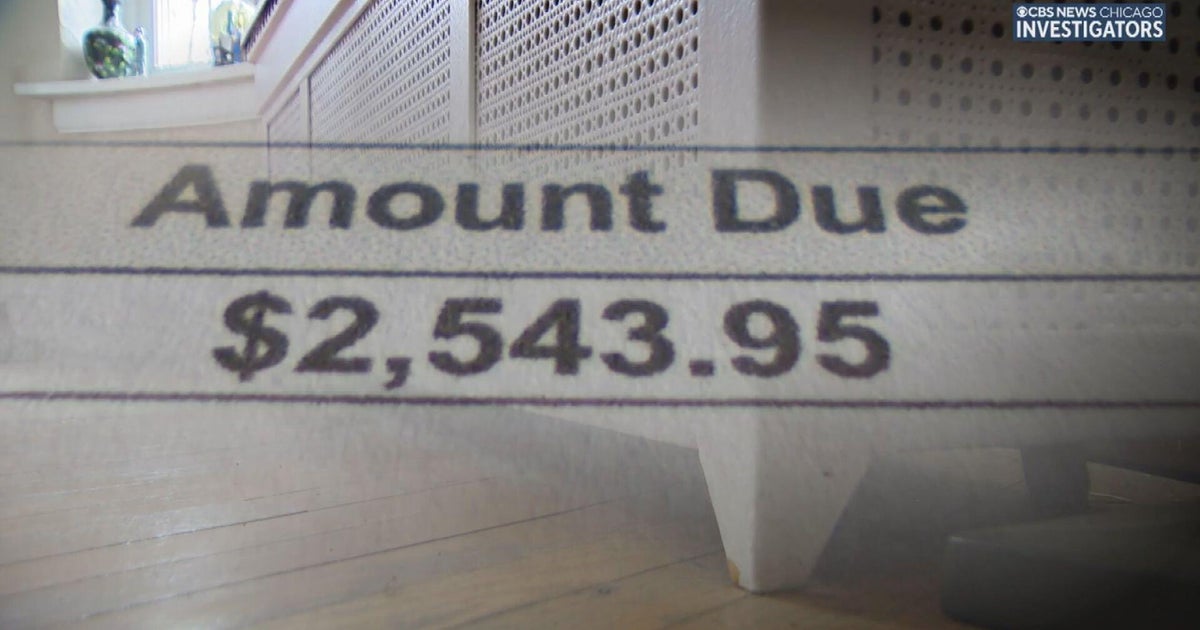An activist investor's plan to get GM's shares moving
A year after emerging from bankruptcy in 2009, General Motors (GM) went public in a $20.1 billion initial public offering, the largest IPO ever at the time. Unfortunately, shares of the automaker are trading at about the same price now as they were then, frustrating many on Wall Street, especially activist investor David Einhorn of Greenlight Capital.
The billionaire has proposed an unorthodox way of addressing the stock’s sluggish performance -- creating two different types of GM shares. One would be “Dividend Shares” to track the automaker’s payout and the other a “Capital Appreciation Stock” to highlight its business operations.
According to a presentation Greenlight made to GM, its stock price doesn’t accurately reflect the financial gains it has made since going public for the second time in its history. Nor does it reflect the shares’ 4.4 percent dividend yield, which is double the average of companies in the S&P 500 index
“Creating two classes of common stock will unlock GM’s value by forcing the market to appropriately value the dividend and give credit for GM’s earnings potential,” according to Greenlight, which owns about 1 percent of the automaker.
Detroit-based GM, however, has rejected Greenlight’s proposal, saying it’s too risky. Rating agencies Moody’s and S&P indicated that they would lower the automaker’s credit ratings if the plan were adopted because it would ratchet up GM’s borrowing costs.
Billionaire Einhorn, however, is unmoved by the criticism, insisting that all shareholders would benefit from his fund’s proposal. Greenlight expects the combined value of both hypothetical GM stocks to be between $43 and $60. GM currently trades at about $34.
Skepticism abounds about whether Greenlight’s plan would work as advertised.
“I’m not sure from an investor’s point of view it should be thought of as a ‘GM vs. Greenlight’ issue, but a matter of ‘how do we unlock value in this great company?’” said Richard Carlson, an analyst at BMO Capital Markets, who rates GM as “market perform.”
“Greenlight’s proposal certainly doesn’t appear to be a sure thing in accomplishing that,” he added, “and the proxy battle will likely be an untimely management distraction. But at the same time, investors are frustrated at the valuation and hopeful there is some action that can be taken to improve it.”
Einhorn on Wednesday accused GM of misrepresenting the impact of his plan to the rating agencies. GM rejected that accusation, noting in a statement the debt raters “understood the idea in all its facets.... Any suggestion to the contrary is baseless and irresponsible.” A spokesman for Moody’s didn’t answer a request to comment on this story. S&P declined to comment.
Greenlight argues that GM’s rejection of the plan, which was first brought to the company’s attention last year, was “based on flawed assumptions and analysis,” according to an SEC filing from the hedge fund.
The verbal war between GM and Greenlight is escalating.
The fund today began soliciting shareholders’ support to vote for Einhorn’s slate of three directors (Leo Hindry Jr., Vinit Sethi and William N. Thorndike Jr.) during GM’s next shareholder meeting. A Greenlight spokesperson couldn’t be reached for comment.
Shares of GM have barely budged since Einhorn first publicized his plans, indicating that many on Wall Street don’t share his enthusiasm for the stock.
“If GM’s stock is undervalued by now it should have woken up after this bruhaha happened,” said N.P. Narayan, a professor at the University of Michigan’s Ross School of Business.



